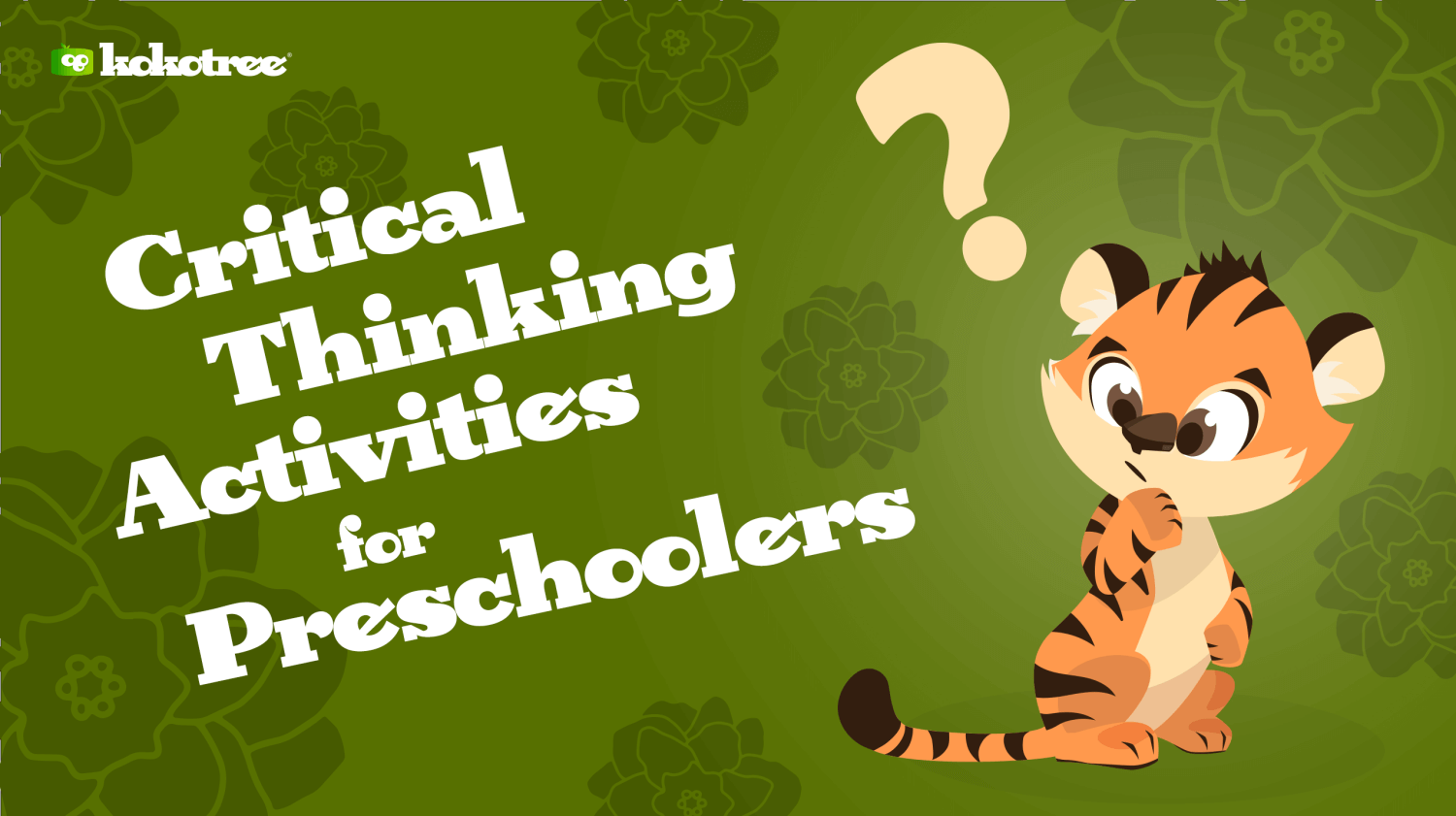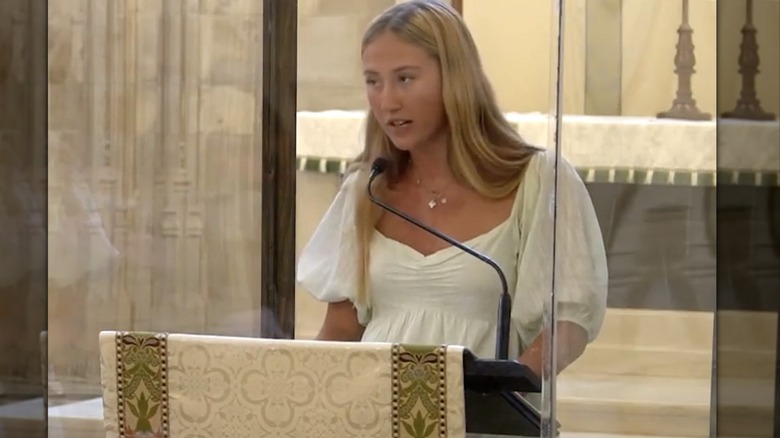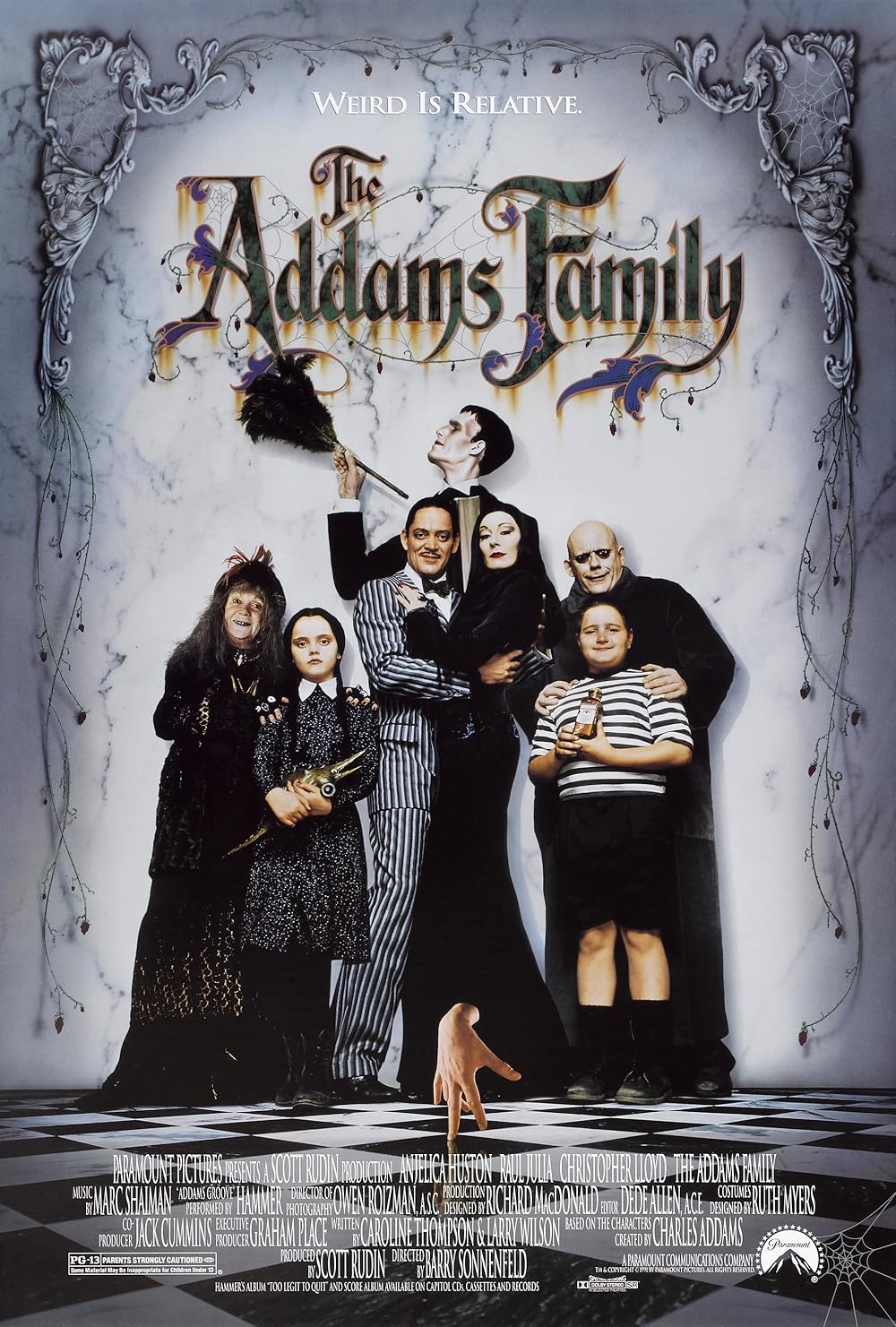Ever wondered if your preschooler is too young to start thinking critically? Think again! The early years are the perfect time to build the foundation for critical thinking skills, and one of the easiest ways to do that is with Pre-K workbooks.
These colorful, engaging books are more than just time-fillers—they’re powerful learning tools designed to boost logic, problem-solving, and independent thinking from an early age. In this article, we’ll break down why Pre-K workbooks for developing critical thinking skills are essential, what to look for, and which ones top the list.
Why Critical Thinking Matters in Pre-K
While it might seem advanced for a 4-year-old to “think critically,” young children naturally explore, question, and problem-solve every day. The key is nurturing those tendencies early so they can:
-
Learn to analyze instead of memorize
-
Recognize patterns and make predictions
-
Develop flexible thinking and creativity
-
Make decisions and solve problems independently
Introducing these concepts before kindergarten gives your child a major head start academically and socially.
What Makes a Great Pre-K Workbook for Critical Thinking?
Not all workbooks are created equal. When shopping or downloading, keep these elements in mind:
Age-Appropriate Design
Simple layouts, colorful images, and minimal text are key. Look for books that are clearly labeled for ages 3–5.
Skill Variety
The best workbooks cover:
-
Pattern recognition
-
Sequencing
-
Sorting and categorizing
-
Visual discrimination
-
Problem-solving puzzles
Hands-On Activities
Pre-K kids learn by doing. Choose workbooks with tracing, cutting, matching, and drawing exercises—not just passive questions.
Clear Learning Objectives
Great workbooks explain what each activity teaches. This helps caregivers stay involved and reinforce the skills in everyday life.
Best Pre-K Workbooks for Developing Critical Thinking Skills
Here are some highly rated options that check all the boxes:
1. Highlights Thinking and Learning Workbook (Ages 3–5)
-
Why it’s great: Combines fun with focus—kids solve mazes, spot-the-difference games, and logic puzzles.
-
Bonus: Promotes independent learning through positive reinforcement.
2. Brain Quest Workbook: Pre-K
-
Why it’s great: Covers a wide range of topics (math, reading, logic) with colorful, interactive formats.
-
Bonus: Includes stickers and a parent guide.
3. The Critical Thinking Co.®—Building Thinking Skills® Beginning
-
Why it’s great: Specifically designed for cognitive development with puzzles, comparisons, and analogies.
-
Bonus: Research-based format used in schools.
4. Kumon Thinking Skills Workbook (Pre-K & Up)
-
Why it’s great: Breaks skills into small, manageable steps. Perfect for kids who thrive with repetition and structure.
-
Bonus: Builds focus and self-discipline along with logic.
5. School Zone Big Preschool Workbook
-
Why it’s great: A giant book with over 300 pages of skill-building activities—from critical thinking to early phonics.
-
Bonus: Budget-friendly and easy to find.
How to Use These Workbooks Effectively
1. Set a Routine
Just 10–15 minutes a day is enough. Keep it low-pressure and fun.
2. Let Kids Lead
Allow your child to choose which page or activity to do. This boosts confidence and engagement.
3. Ask Questions
While they work, ask open-ended questions like:
-
“What do you think happens next?”
-
“Why did you choose that answer?”
4. Celebrate Effort Over Perfection
Praise problem-solving attempts and creativity—not just correct answers.
Additional Tools to Boost Critical Thinking in Preschoolers
-
Educational games: Try apps like ABCmouse or Osmo for logic-based play.
-
STEM toys: Building blocks, matching games, and pattern tiles reinforce workbook skills.
-
Real-world application: Sorting laundry, organizing groceries, or predicting bedtime stories all count as critical thinking.
FAQs: Pre-K Workbooks for Developing Critical Thinking Skills
At what age should my child start using workbooks?
Most Pre-K workbooks are designed for children ages 3–5. You can start earlier with supervision and adjust based on interest and ability.
Are digital workbooks effective too?
Yes, especially when combined with hands-on play. Just be sure screen time is limited and age-appropriate.
How can I tell if my child is developing critical thinking skills?
Look for signs like asking “why” questions, trying different problem-solving approaches, or identifying patterns and similarities.
Should I use workbooks every day?
No need for strict schedules. A few short sessions per week can lead to big gains—especially if activities are fun and varied.
Conclusion: Smart Starts Begin With the Right Tools
The early years are a golden window for brain development, and Pre-K workbooks for developing critical thinking skills are a fantastic way to make the most of it. They combine structure with fun, giving kids the confidence to question, explore, and think for themselves.
Read also: Sonam Bajwa




